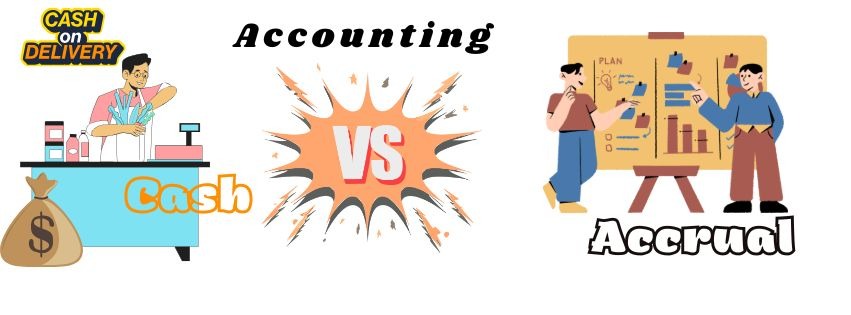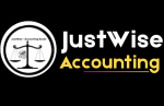Cash vs. Accrual Accounting: Understanding the Benefits, Drawbacks, and Key Differences
Justwise Accounting
1 min read


Cash vs. Accrual Accounting: Understanding the Key Differences
Choosing the right accounting method is essential for businesses, as it affects financial reporting, tax obligations, and overall management. Two primary approaches are cash accounting and accrual accounting—each with distinct advantages and drawbacks.
Cash Accounting: Simple and Direct
How It Works: Records income when received and expenses when paid, offering a real-time cash flow view.
✅ Benefits:
Straightforward and easy to manage, making it ideal for small businesses.
Helps maintain clarity on available cash at any given time.
Taxes are based only on received income, potentially reducing tax liabilities.
❌ Drawbacks:
Doesn’t track outstanding revenue or expenses, limiting financial visibility.
Can be unsuitable for businesses with credit transactions.
May not comply with certain regulatory requirements.
Cash accounting can complicate tax reporting
Cash accounting may not present the most accurate picture of the firm's financial health, particularly if there is a significant delay between earning revenue and collecting payments.
Accrual Accounting: Comprehensive and Strategic
How It Works: Records income when earned (regardless of payment received) and expenses when incurred (even if unpaid).
✅ Benefits:
Provides a more accurate financial picture by recognizing revenue and expenses when they happen.
Enables businesses to plan strategically and assess profitability more effectively.
Required for many companies to meet tax and reporting standards.
more comprehensive approach by recording revenues and expenses when they are incurred, regardless of the actual cash flow
❌ Drawbacks:
More complex and may require professional accounting support.
Can create cash flow challenges, as revenue is recorded before cash is received.
Taxes must be paid on earned income, even if payments haven’t been collected yet.
Which Method Is Right for You?
Smaller businesses or sole traders may prefer cash accounting for its simplicity, while larger businesses benefit from accrual accounting for its precision and comprehensive financial tracking.
Making the right choice depends on business needs, financial complexity, and regulatory requirements. Seeking professional guidance can help determine the best approach to ensure financial stability and compliance.
JustWise Accounting a bookkeeping service in Mackay, QLD, Australia, can help you choose the right accounting method to suit your needs. Contact us today for a free initial consultation.
Stay in Touch
© 2025 JustWise Accounting. All rights reserved. ABN 85 581 353 385
⚠️ We respect your privacy. Unsubscribe anytime. (under subscribe button)
Serving Australia-wide
Justwise acknowledge the Traditional Owners of the lands where we operate and pay respect to Elders past and present.
